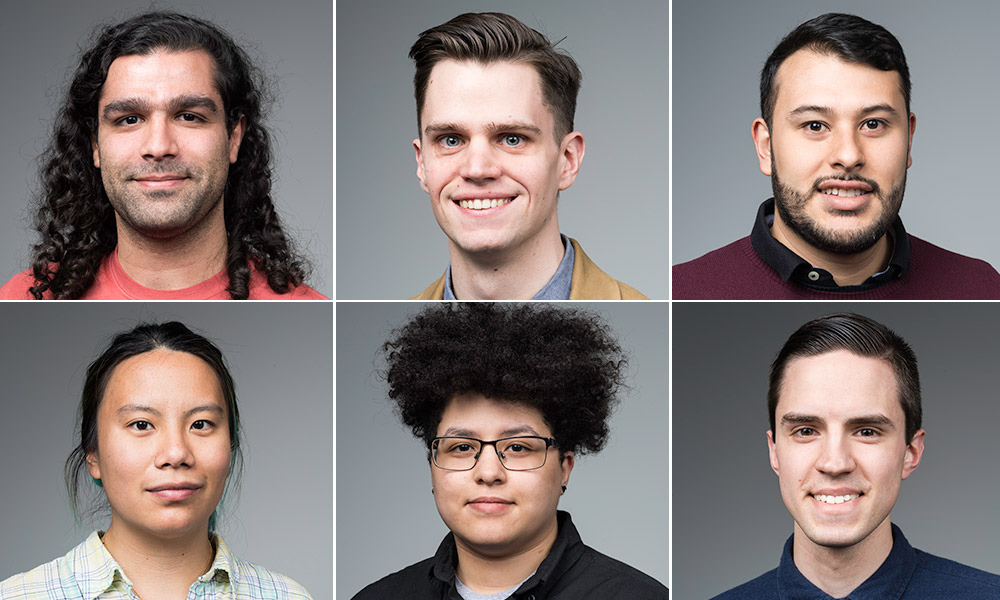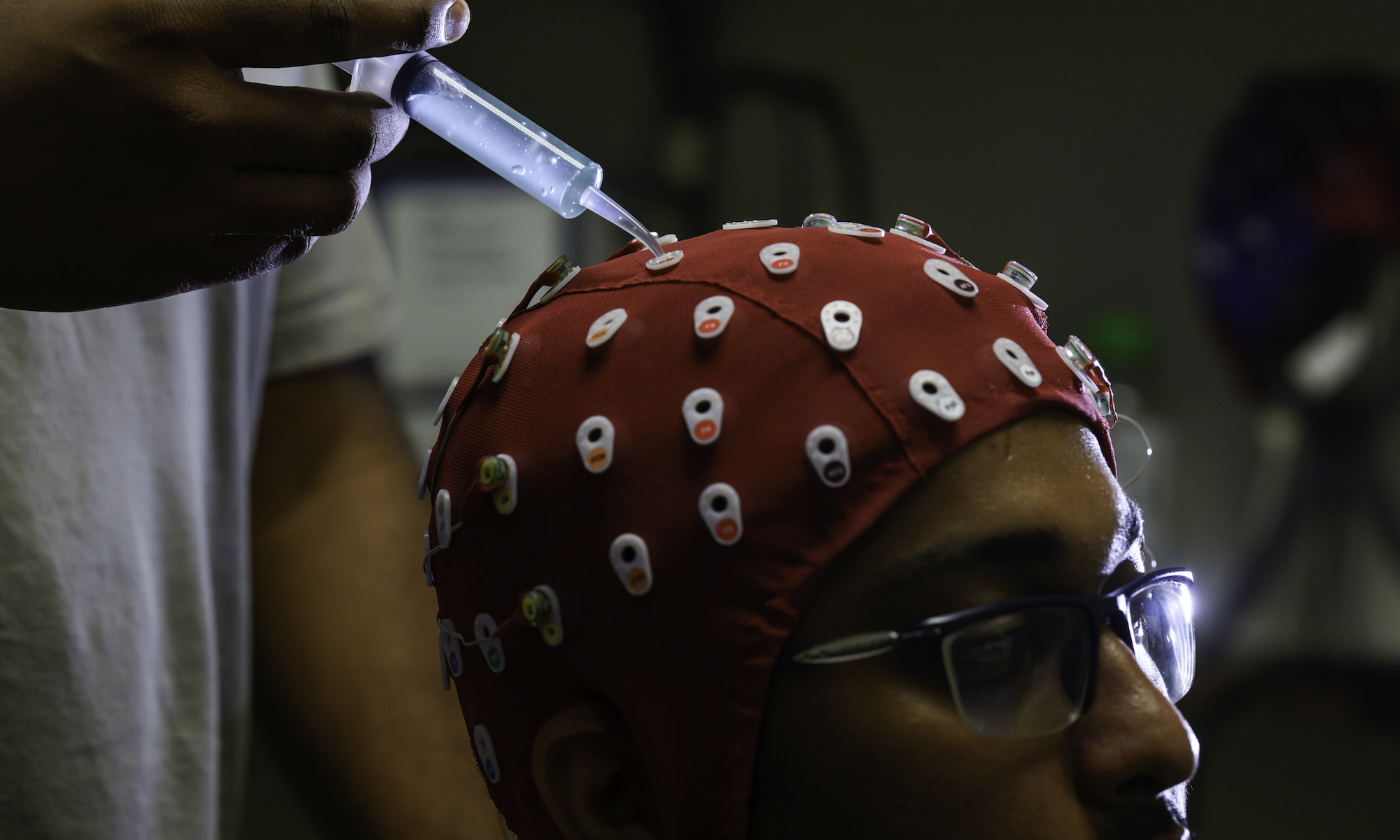Five University of Rochester graduate students and one undergraduate have been offered National Science Foundation Graduate Research Fellowships, part of a federally sponsored program that provides up to three years of graduate study support for US students pursuing doctoral or research-based degrees in STEM, STEM education, and social science fields.
Candidates must demonstrate outstanding scholarly promise and leadership potential. They apply for the NSF either the year before entering graduate school or during the first or second year of their graduate degree programs.
(University of Rochester photos / J. Adam Fenster)
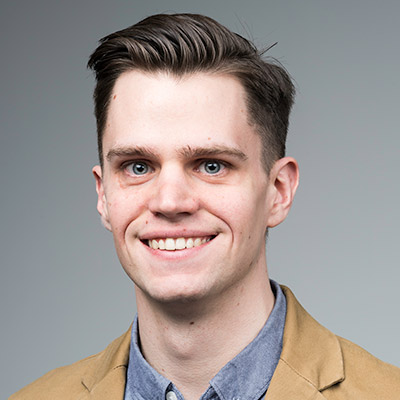
Forrest Hangen ’19, a dual major in psychology and Russian from Stow, Massachusetts. Hangen will enter a doctoral program in public policy at Northeastern University to study social and economic inequalities, with a focus on how housing can help to alleviate or further exacerbate these inequalities. “My research and career goals directly revolve around the broader impact of helping to alleviate poverty through research applied to public policies,” he says, “especially those focused on providing affordable housing.”
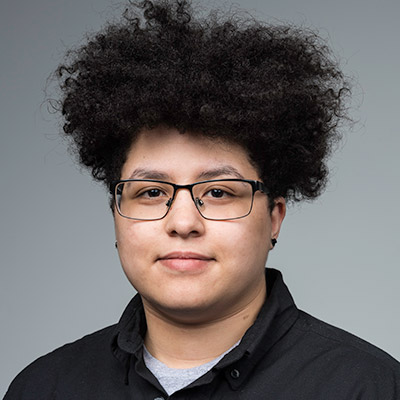
Tara Pena, a PhD candidate in electrical and computer engineering from Queens, New York. Pena’s research in professor Stephen Wu’s lab is on the fabrication and characterization of strain-based quantum device structures with 2D van der Walls materials. She’ll also continue her outreach involvement through the Kearns Center, PASSAGE (Physics and Astronomical Sciences Student Association for Graduate Engagement) and GSOC (Graduate Students of Color) and eventually hopes to facilitate a research group that focuses on post-Moore’s Law nanoelectronics.
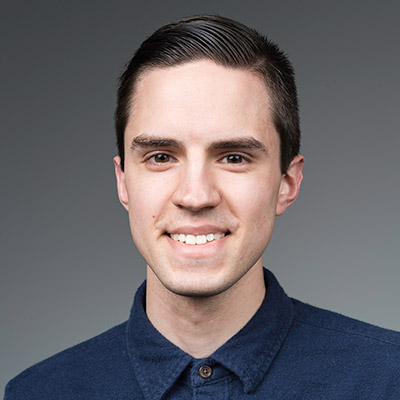
Trevor Tumiel, a PhD candidate in chemistry, will continue his work in the Krauss Group, led by principal investigator Todd Krauss. The Buffalo, New York, native will study the photophysics of carbon nanotubes. The group is interested in exploiting defects on the nanotube surface to populate longer-lived stats that will allow them to circumvent fundamental obstacles in developing efficient, nanotube-based photochemical processes. “It’s a unique approach that offers promise, helping to overcome various obstacles researchers face when developing affordable and accessible alternative engergies,” Tumiel says.
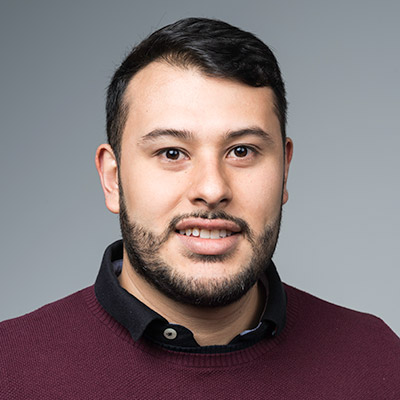
David Vargas, a doctoral candidate in bioorganic chemistry will use his fellowship to pursue new methods to conduct chemistry in a more environmentally friendly manner, using enyzmes. Vargas was born in Louisville, Colorado, grew up in Medellin, Colombia, and returned to the U.S. to attend college in Michigan. He hopes for an academic career where he can continue to develop sustainable chemistry while teaching and transmitting his knowledge to students, especially those with a minority or disadvantaged background.
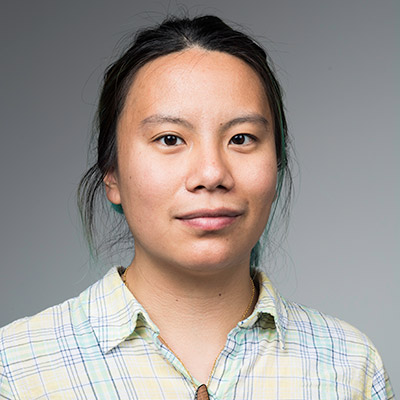
Carla Watson, a doctoral candidate in condensed matter physics, plans to use piezoelectric-driven mechanical strain to control the topological properties of 2D transition metal ditellurides (TMDs). The San Diego native also plans to develop outreach initiatives to inspire and educate low-income and minority students in Rochester about this field. “The realization of my research may have world-changing effects, because electronic phase-changing devices may result in integrated circuits that are dynamically customizable to the nanometer scale and may lead to a truly lossless quantum computer,” Watson says.
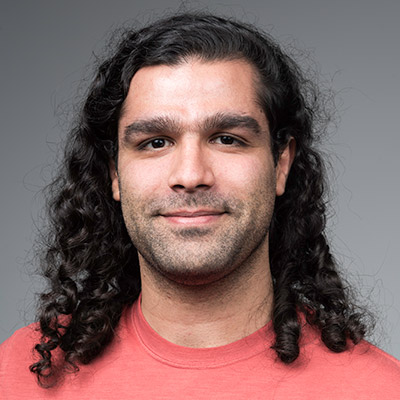
Omid Saleh Ziabari, a doctoral candidate in biology, will continue to study the parallel evolution of wings in aphids to understand why some convergent traits evolve by similar or different genetic changes. “My research focuses on the evolution and genetic basis of polymorphisms, a system amenable to training and outreach,” says Ziabari, who was born in Paris but raised in Chicago. “The support of this fellowship will contribute to my training in these areas and reinforce my efforts to enhance training and teaching for students of all levels.”
Nine undergraduate alumni currently pursuing doctoral degrees at other institutions, or about to enter a graduate program, also were selected as fellows.
- Aryel Clarke ’17 (biochemistry)
- Kelsey Csumitta ’17 (brain and cognitive sciences and psychology)
- Molly Finn ’17/T5 (physics and astronomy)
- Benjamin Gerstner ’17 (ecology and evolutionary biology)
- Tanveer Karim ’17/T5 (physics and astronomy)
- Alec Kirkley ’17 (physics, mathematics)
- Crystal Lee ’18 (brain and cognitive sciences and linguistics)
- Zachary Quirk ’17 (ecology and evolutionary biology and geological sciences)
- Jenna Register ’16 (brain and cognitive sciences)
Honorable mentions went to eight current graduate students and recent alumni:
- Alyssa Arre ’15 (ecology and evolutionary biology; English)
- Elisah Haber, PhD candidate (physics)
- Jeremiah Jones, PhD candidate (statistics)
- Samuel Lerman ’17/PhD candidate (computer science and mathematics)
- Donggeon Nam, PhD candidate (chemistry)
- Dominick Salerno ’17 (chemical engineering)
- Jacob Shelton, PhD candidate (chemistry)
- Paul Wrona ’17 (chemistry and physics)


